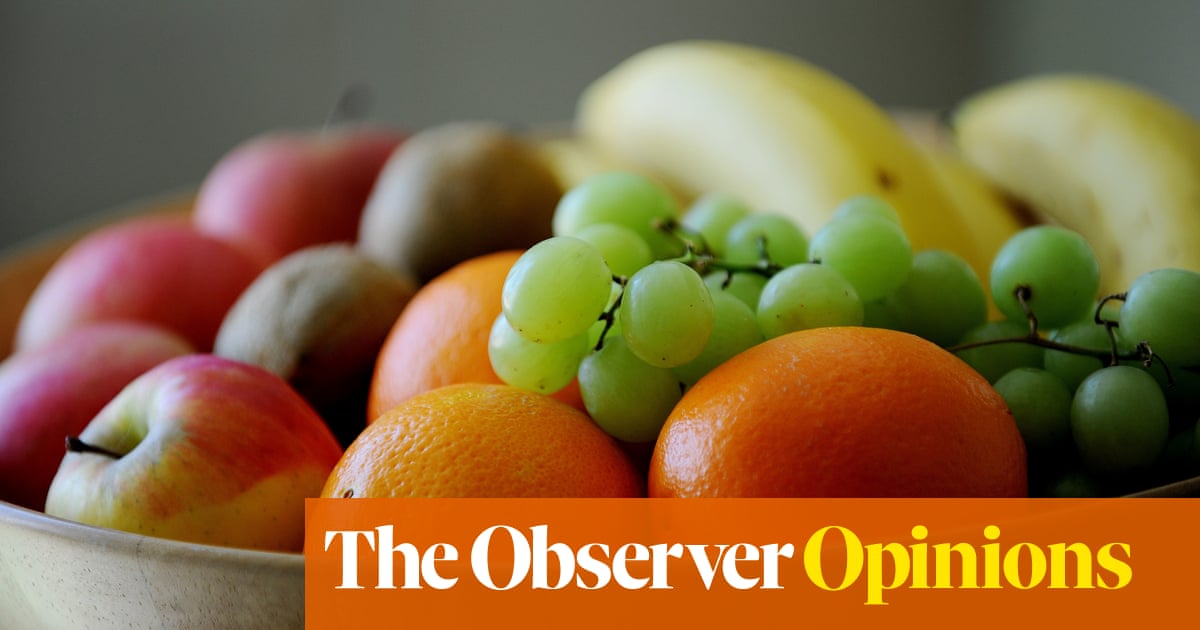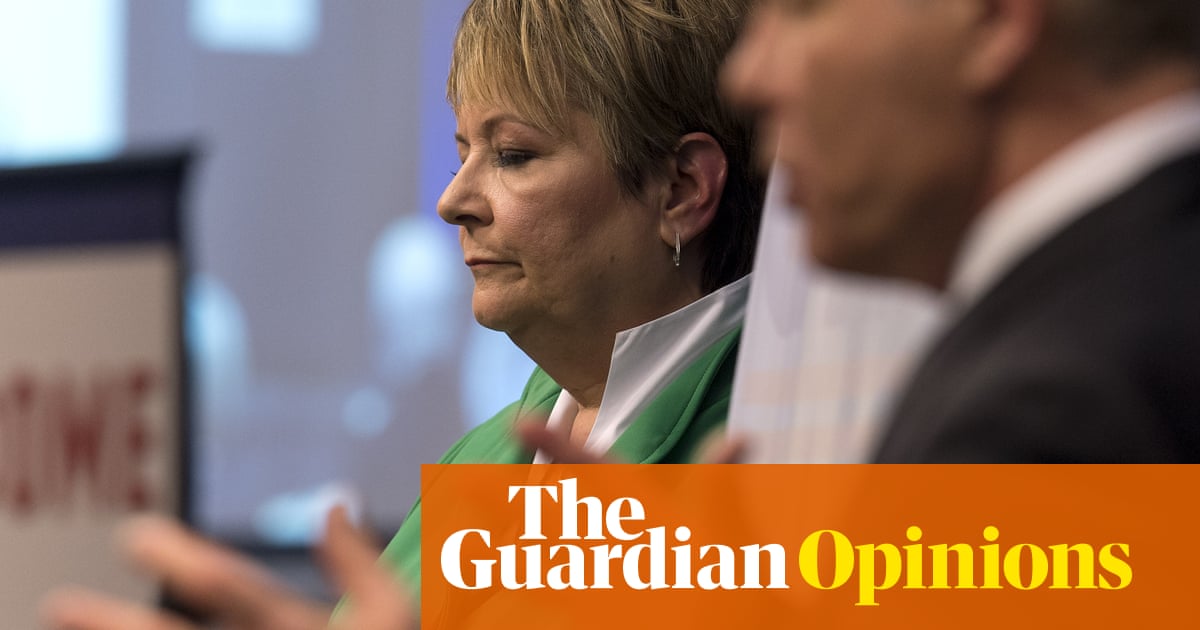
On becoming Tory leader this week, Rishi Sunak said: “It is the greatest privilege of my life to be able to serve the party I love, and give back to the country I owe so much to.” During his final prime minister’s questions in the summer, Boris Johnson said: “The last few years have been the greatest privilege of my life, and it’s true that I helped to get the biggest Tory majority for 40 years and a huge realignment in UK politics.” And Keir Starmer, when elected as leader of Labour in 2020, intoned: “It is the honour and privilege of my life. I will do my utmost to guide us through these difficult times, to serve all our communities and to strive for the good of our country.” It appears that owning up to your privilege is all the rage.
Confessing to this sort of privilege is a shameless humblebrag. Some onlookers might suppose, after all, that the greatest privilege of Sunak’s life is owning many millions of pounds. Does the phrase even aspire to work as rhetorical misdirection, to distract the listener from whatever other privileges the speaker might have enjoyed?
The word “privilege”, from the Latin privilegium, originally meant a law applied, or a right granted, to a specific individual, often by way of exempting him or her from regular laws. So a medieval pope could issue a privilege, or special ordinance, exempting his emissary from normal civil or canon law in the course of his duty. This sense of special treatment for a spiritual mission was borrowed by the poet John Milton in his defence of free speech, the 1644 pamphlet Areopagitica, in which he argued (addressing himself to “the parliament of England”) that the official censorship of books was a dishonour to “the privilege and dignity of learning”.
Fundamental privileges, meanwhile, are reserved by parliament for itself. The word’s traditional political meaning describes parliament’s right to govern its own affairs, and its immunity from certain of its own laws. Thus “parliamentary privilege”, according to which politicians cannot be sued for libel for things they say on the floor of the house. Similarly, the Privileges Committee of the House of Commons – now mulling the question of whether Boris Johnson lied to the house when he said there had been no lockdown parties at No 10 – is not the committee devoted to MPs’ perks, but the one charged to investigate the most serious breaches of the rules.
Perhaps, then, the celebrated classicist Johnson, whose Eton teacher once complained that he “honestly believes that it is churlish of us not to regard him as an exception” to rules, assumed that the full historical force of the term “privilege” was in play for his time in government, and meant that he could simply do as he chose with impunity. That would indeed have been the greatest privilege even of his insanely privileged life to date.
In wider public language, “privilege” is usually something to be despised, whether in the older sense of a privileged upbringing (wealth), or the newer sense of enjoying unearned privilege by simply being a member of a favoured group in society: thus male privilege, white privilege, heterosexual privilege and so on. Seminal here is the essay by the feminist scholar Peggy McIntosh, White Privilege: Unpacking the Invisible Knapsack (1989). One example of white privilege she gives, for example, is: “I am never asked to speak for all the people of my racial group.”
According to such a view, the greatest privilege of Sunak, Johnson and Starmer’s lives is simply to be have been born male in a wealthy western country. The difference of privilege between ordinary citizen and leader of a political party in Britain is arguably more trivial than the distance between men’s natal advantage and the situation of someone born in a war-ravaged poor country. Hence the admonition “Check your privilege”, which exploded into mass usage about a decade ago to mean something like: “You should consider how aspects of your identity that are favoured by society are causing you to interpret this topic wrongly.”
In this understanding of “privilege”, there is hardly anyone who lacks it completely. We are all privileged compared with the most wretched person on Earth. And being able to argue about privilege is itself a privilege. Rightwing populism, in turn, appropriates this style of argument to attack its adversaries – as when Johnson was reported earlier this year to despise Starmer for being “part of a privileged, metropolitan, narrow-minded elite” – without apparently needing to fear a meltdown in the hypocrisy reactor.
Yet the dream of eliminating privilege entirely has also long been with us. In 1938’s Homage to Catalonia, George Orwell remembers with fondness his time in the Spanish militias, where “no one was on the make, where there was a shortage of everything, but no privilege and no boot-licking”: to Orwell, this was a glimpse of what the early days of true socialism might be like. We may be sure that Sunak does not share such a dream any more than Johnson did. Does Sir Keir?












